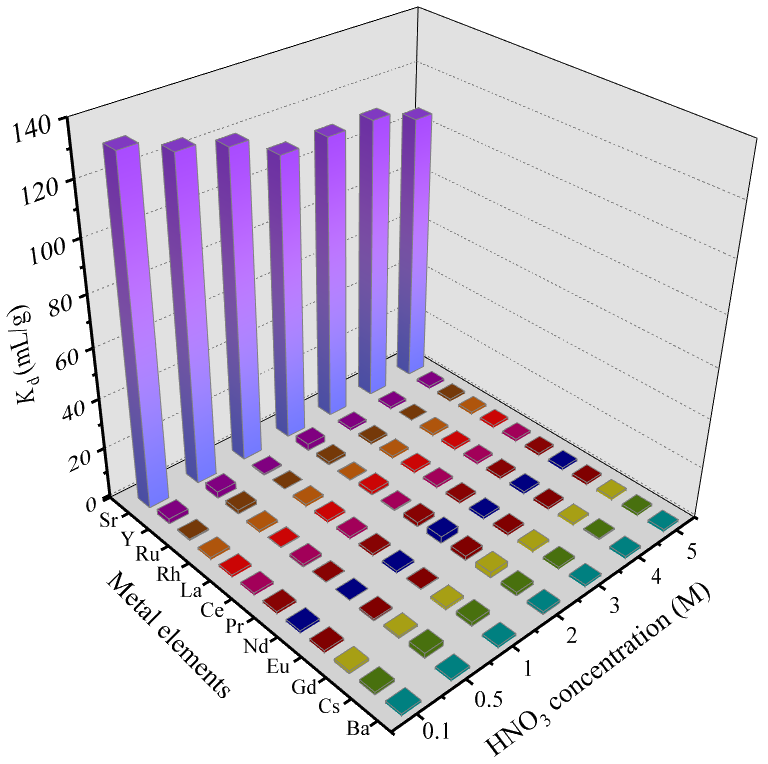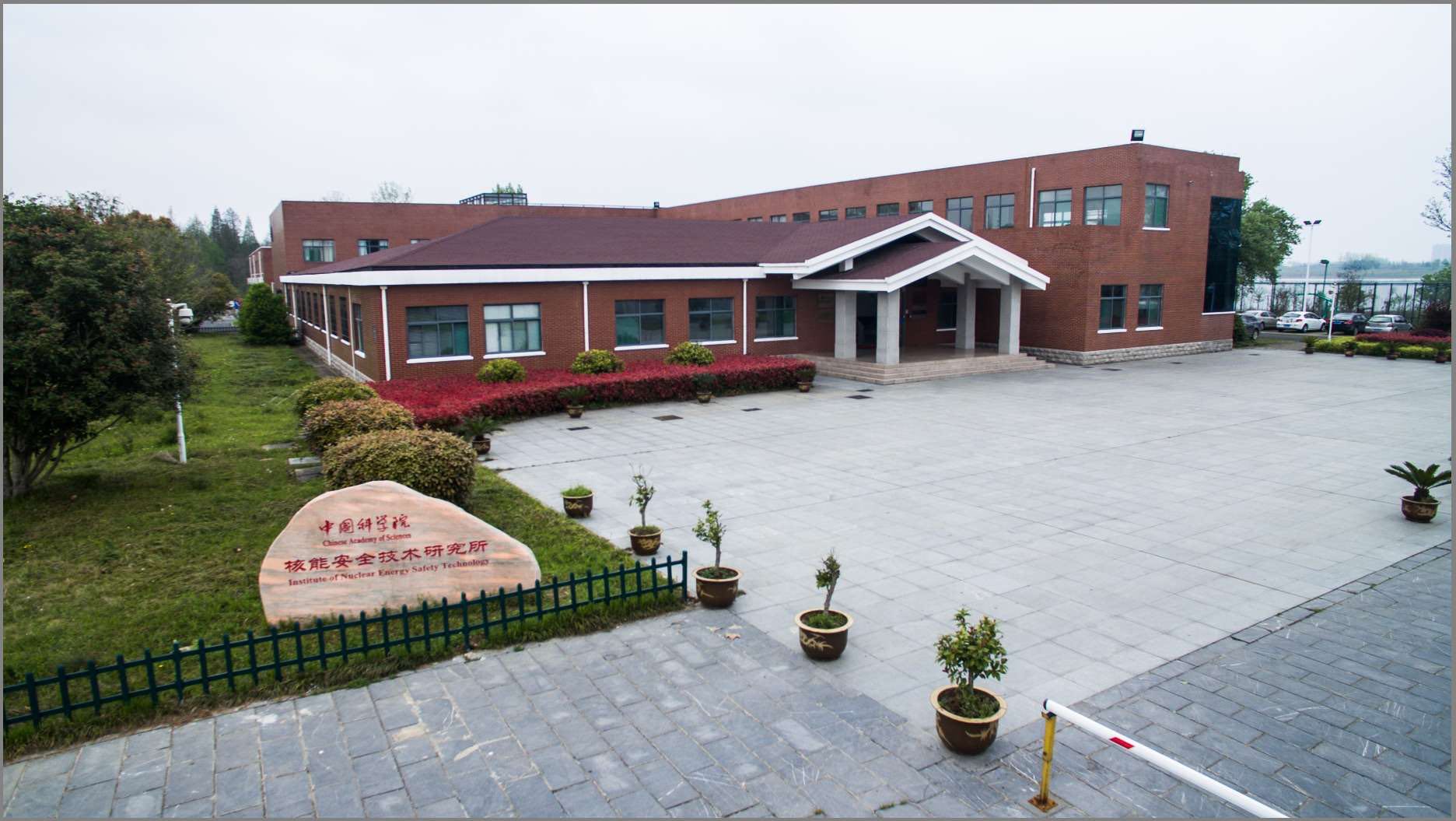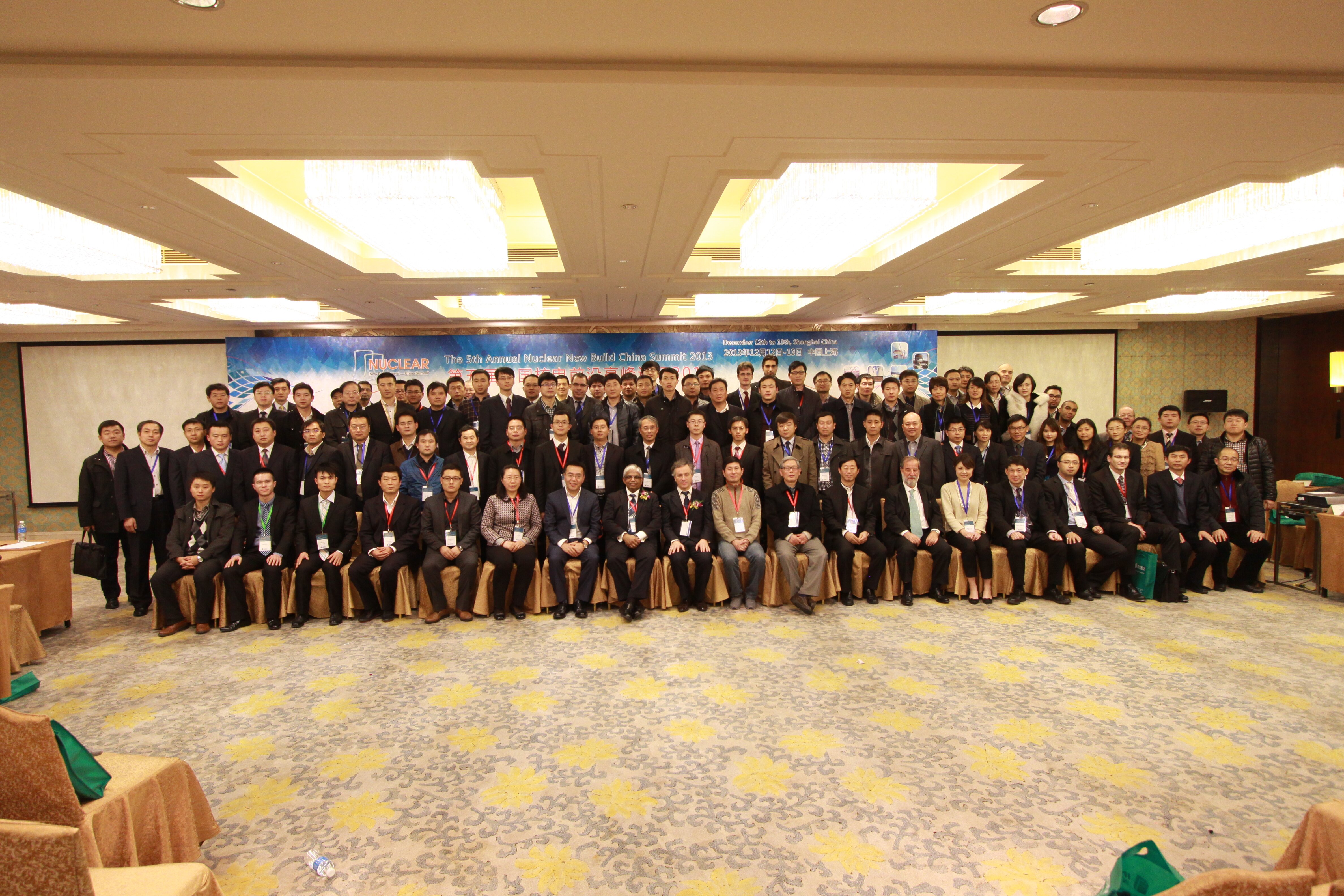Novel Method Proposed for Highly Selective Separation of Strontium in Acidic Medium
Novel Method Proposed for Highly Selective Separation of Strontium in Acidic Medium
Recently, Prof. HUANG Qunying’s team from Institute of Nuclear Energy Safety Technology,Hefei Institutes of Physical Science (HFIPS), Chinese Academy of Sciences (CAS) developed a novel inorganic silica-based adsorbent for the highly selective separation of strontium from acidic medium, in collaboration with Prof. NING Shunyan’s team from the South China University.
The related research results were published in Journal of Environmental Chemical Engineering.
Radioactive strontium (90Sr) is considered to be one of the most hazardous radionuclides due to its high biochemical toxicity. During the vitrification process of high level liquid waste (HLLW), the presence of 90Sr can cause instability of the vitrification substrate and thus induce radionuclides leaching. The removal of 90Sr can reduce the heat generation and shorten the cooling time of the vitrification substrate in the repository, which is favorable for further deep geological disposal of the radioactive waste.
In this study, researchers prepared an organic-inorganic hybrid adsorbent named as HEMAP/SiO2-P. This novel adsorbent employs SiO2-P as a stabilizing framework, with 2-hydroxyethyl-2-methyl-2-propenoate phosphate (HEMAP) encapsulated within its interior using a vacuum impregnation technique. The primary objective was to investigate the adsorption behavior of this adsorbent on stable strontium nuclide in a 3 M HNO3 medium.
The experimental findings demonstrated that the prepared adsorbent exhibited good stability against acidic conditions and displayed remarkable adsorption capabilities towards stable strontium nuclide. Mechanistic analysis further revealed that each strontium molecule formed coordination bonds with two HEMAP molecules during the adsorption process.
In addition, two nitrate ions (NO3-) were required to maintain charge balance.
This study not only developed a novel method for the preparation of highly stable silica-based adsorbent, but also provided relevant experimental data and theoretical basis for the selective separation of strontium in acidic environments.
This work was supported by the National Natural Science Foundation of China.

Schematic illustration of HEMAP/SiO2-P preparation process. (Image by ZHANG Shichang)

Adsorption performance of 12 metal ions by HEMAP/SiO2-P. (Image by ZHANG Shichang)














